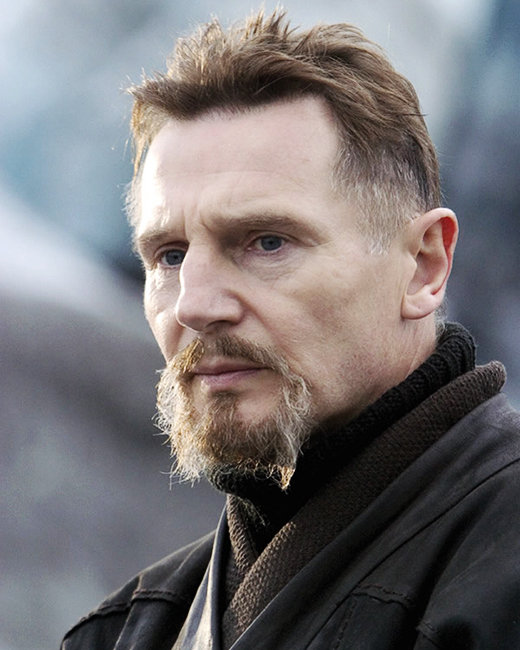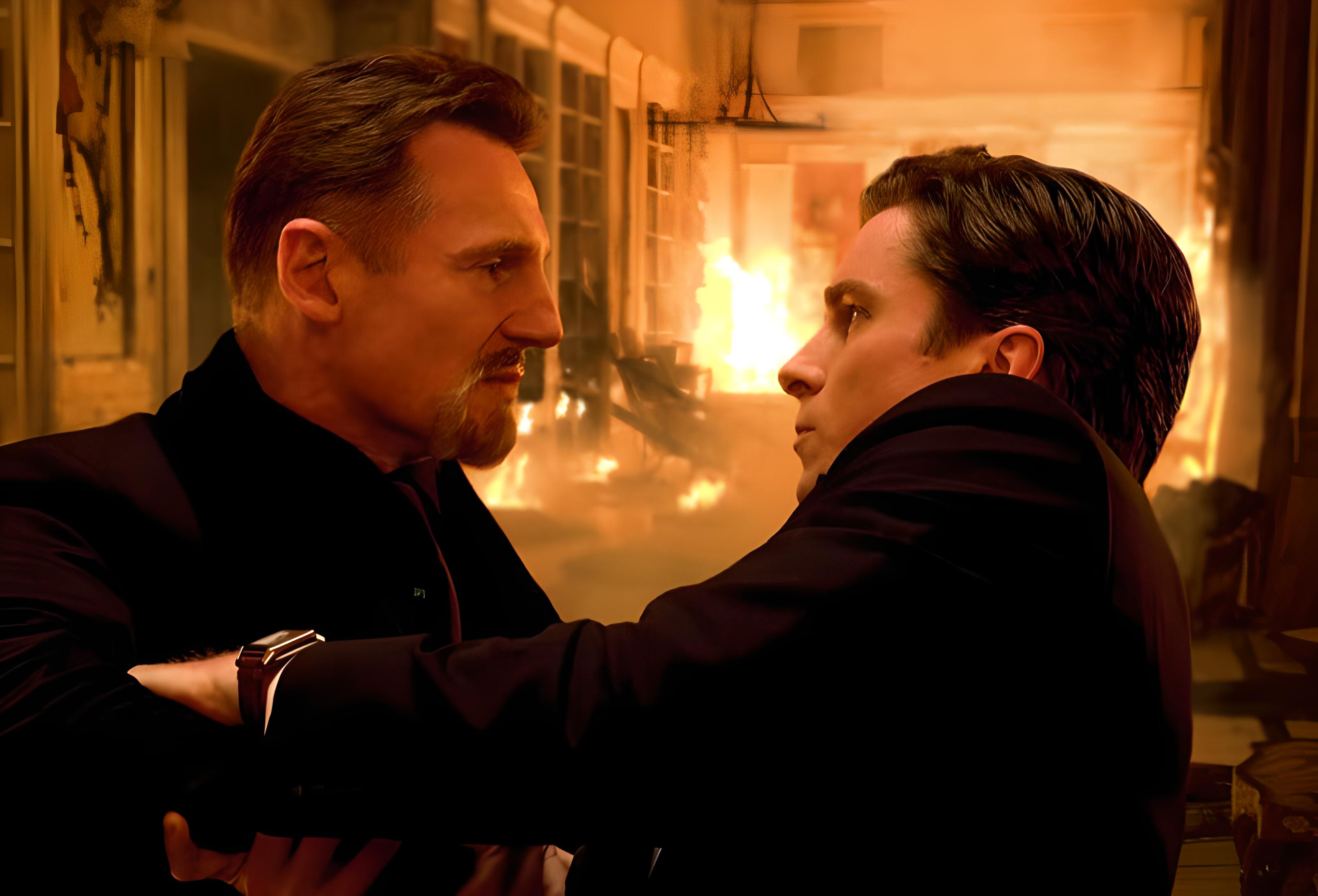In my previous post I discussed how heroes reflect the cultures that created them, and how their triumphs and mistakes serve to guide and inspire that culture. Now I'd like to take a moment to discuss villains and why they are at their best when we agree with them.
As you'll recall, a friend and I had a discussion on Facebook after my initial post about superheroes. He objected to the casting of Achilles a hero, as the Trojans were never truly villainous. Hector was only fighting to protect his people, and Paris did what he did out of love. Furthermore, casting characters like Achilles as "heroes" is problematic because it can potentially paint sympathetic characters as the "losers" of the conflict. Can we really call the these characters "villains" if they're not entirely wrong?
Well, yes, as a matter of fact we can. See, like heroes, villains come in all types, with all sorts of motivations, methods and scales. A good many of them act out for reasons that are not only understandable, but even justifiable after a fashion. How can we label these characters as villains? The same way we identify heroes: by their actions.
Let's go back to the Trojan War for a moment and see how both Paris and Hector qualify as villains. Of the two, Paris is easily the most villainous; he starts the war by eloping with another man's wife, then refuses to take part in the fighting itself. Paris, then, is the antithesis of what the Greeks valued in their heroes: he was an oathbreaker and a coward.
Hector, on the other hand, doesn't fit the tradition villain mold. He is described as intelligent and honorable, and was respected by both sides of the conflict. Hector was against the war from the start, and chastised his brother for his cowardice. In fact, the only reason that he is even considered a villain is because he is fighting to protect his home from the invading Greeks. So why should Hector still be labeled a villain if he's essentially a hero fighting for the wrong side?
Hector, and to a lesser extent Paris, fall into the category of Tragic Villains. These are are a subset of Anti-Villains. Just like some "heroes" might sometimes behave like villains, some villains behave like heroes. These characters usually realize that what they are doing is wrong, but are forced to continue due to circumstances beyond their control. In Hector's case, he would have been the hero of any other Greek epic; but because of his brother's actions, he is forced to fight. Even Paris is ultimately the victim of divine meddling, as the war could have been prevented or ended earlier if not for the interference of the gods.
Tragic villains abound in fiction, and can become the most compelling characters in their stories. The Batman rogues gallery, for instance, is loaded with tragic villains and other sympathetic antagonists. In fact, do you know who my favorite Batman villain is (behind the Joker, of course)? The answer might surprise you:
Mr. Freeze is just about as sympathetic as a villain can get: his wife is dying of a terminal disease, and dedicated his life to finding a cure; an accident with the same cryogenic formula that keeps his wife alive left him unable to survive without the aid of a cold suit; he turned to crime to fund his research, which is heavily implied to be futile at this point. Even if he were to succeed in saving her life, he would never be able to feel her touch ever again.
It's this element of tragedy that makes Mr. Freeze such a compelling character. We want him to succeed. At the same time, we cannot cheer for him because no matter his motivations, Freeze is still a criminal who can and will kill to achieve his goals. We understand and sympathize with him, but we know that his actions brand him a villain.
Much like heroes, villains are reflections of their cultures. Whereas heroes are meant to inspire through their example or teach through their mistakes, villains are meant to warn. They show us what is not (or should not) be acceptable behavior, no matter the reasons. Take Ra's Al Ghul in Batman Begins:
In this incarnation, Ra's is motivated by a strict sense of justice. He sees Gotham as a symbol of everything wrong with modern civilization: a decadent hive of corruption, where the strong prey upon the weak without consequence. He's not wrong. If he were to try to change Gotham, to make it and by extension the world a better place, then Batman would have no reason to oppose him. But Ra's isn't trying to save Gotham; he's trying to destroy it. He is willing to sacrifice every man, woman and child in the city in order to purge it of the decadence of its elites. And he'll kill anyone who gets in his way.
The movie never hides the fact that Ra's has a point. Nor is it shy about condemning his actions. No matter how corrupt the world is, the movie argues, mass murder is not the solution. The ends don't justify the means.
If Mr. Freeze or Ra's Al Ghul had made different choices, they would be heroes. That alone would make them compelling characters. But the best part about these villains and those like them is the way that they make the heroes more compelling. They present the heroes with a challenge not only of wits or skill, but one of conviction as well. They force the heroes to make tough choices and to question their ideals.
In short, they force them to become better heroes. And that, in the end, is a necessary evil.
In short, they force them to become better heroes. And that, in the end, is a necessary evil.




No comments:
Post a Comment